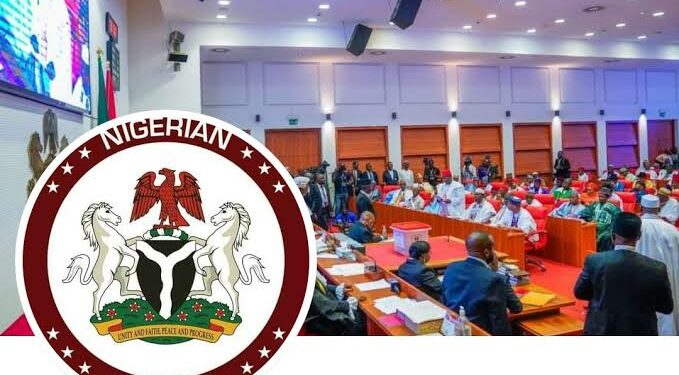
The Nigerian Senate has launched an investigation into 11,886 federal projects that have been abandoned since the country’s independence in 1960. This initiative follows a detailed motion presented by Senator Jimoh Ibrahim, representing Ondo-South, which highlighted the significant economic and developmental impact of these abandoned projects.
Establishment of Adhoc Committee
In the first phase of the investigation, a seven-member ad hoc committee has been tasked with categorizing these projects by sector. The committee is expected to submit its findings within a month to facilitate further investigations by the respective standing committees of the Senate. The Senate President, Godswill Akpabio, emphasized the importance of a detailed breakdown to enable thorough scrutiny and accountability.
Key Projects Under Investigation
Among the notable projects identified for investigation are:
- National Library
- Lagos-Badagry Express Road
- Calabar Power Plant
- Zungeru Dam
- Mambilla Site
- Otukpo Dam
- Nigeria Satellite
- Nitel
- Calabar Sea Port
- Abuja Mass Housing Project
Background and Previous Reports
Senator Ibrahim’s motion referenced a 2011 report produced by a committee established by former President Goodluck Jonathan. This report followed extensive visits to all 36 states of Nigeria and highlighted the widespread issue of project abandonment. According to Ibrahim, 63% of the projects initiated since independence have been abandoned. Moreover, even completed projects often faced cost overruns of approximately 40% and performance shortfalls of around 10%.
Economic Impact
The financial implications of these abandoned projects are substantial. A study conducted between 2018 and 2022 by the University of Cambridge estimated that 38 abandoned projects cost Nigeria over $40 billion. Ajaokuta Steel Complex alone absorbed over $10 billion without producing any steel. Senator Ibrahim pointed out that these abandoned projects contribute significantly to Nigeria’s economic woes, including a decline in Foreign Direct Investment (FDI) from $8.8 billion in 2011 to $3.3 billion in 2019, and a rise in public debt from 17% of GDP in 2011 to 29% in 2019.
Senate’s Unanimous Decision
The Senate unanimously passed the motion, recognizing the extensive research and urgent need for action presented by Senator Ibrahim. The seven-member committee has been given one month to present a comprehensive report, which is expected to form the basis for more detailed investigations by other Senate committees.








